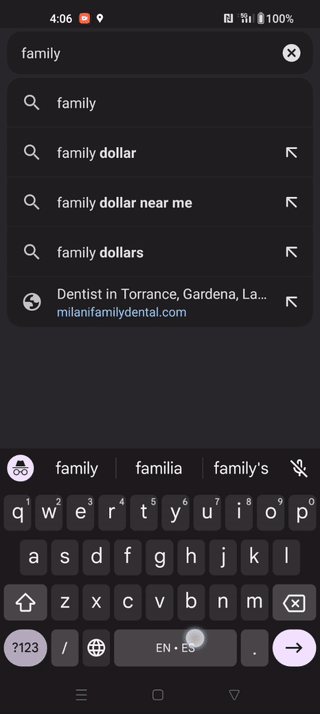Healthcare SEO Agency
Drive Online Success with our Expert SEO Services for Healthcare Professionals
As bonafide experts in healthcare SEO and website development, we know it’s crucial to enhance your online presence and effectively reach your target audience. Additionally, our team understands the unique challenges healthcare providers face, and we’re here to help you drive online success.
Schedule a Discovery Call and request your 15% discount
Let's Get Started
Chat with Us Today!














